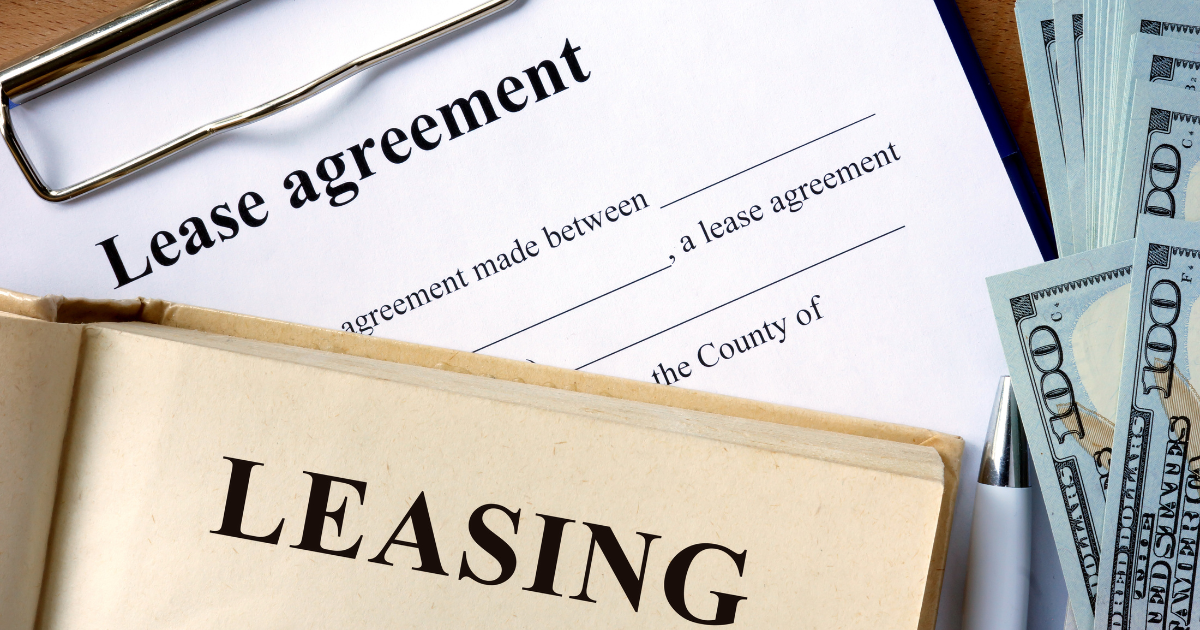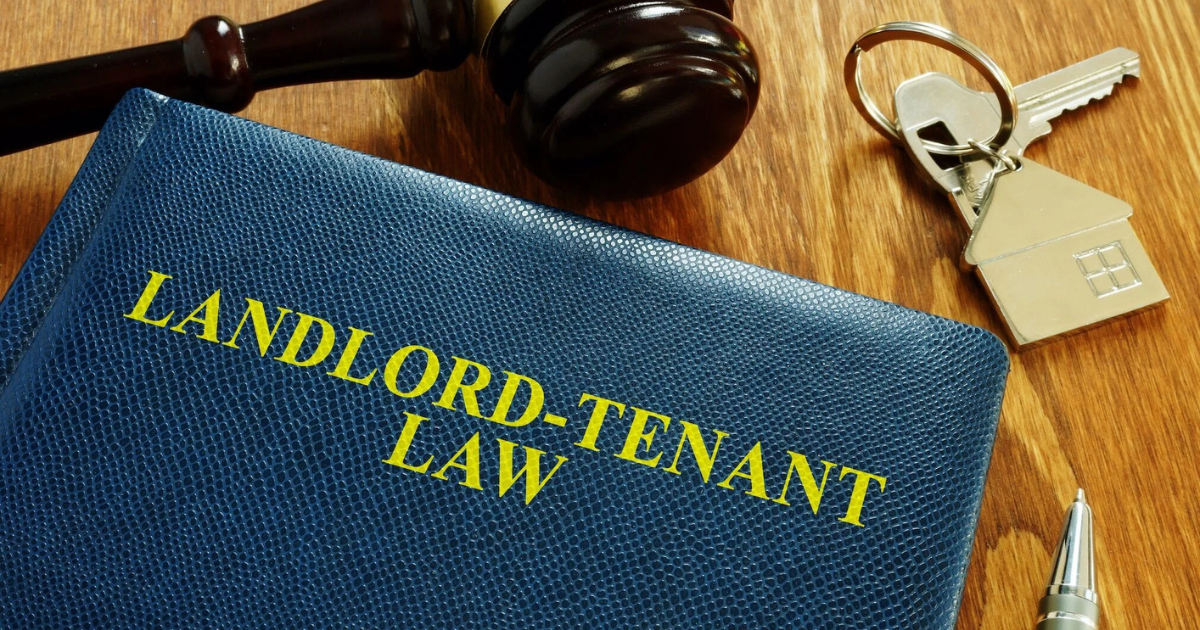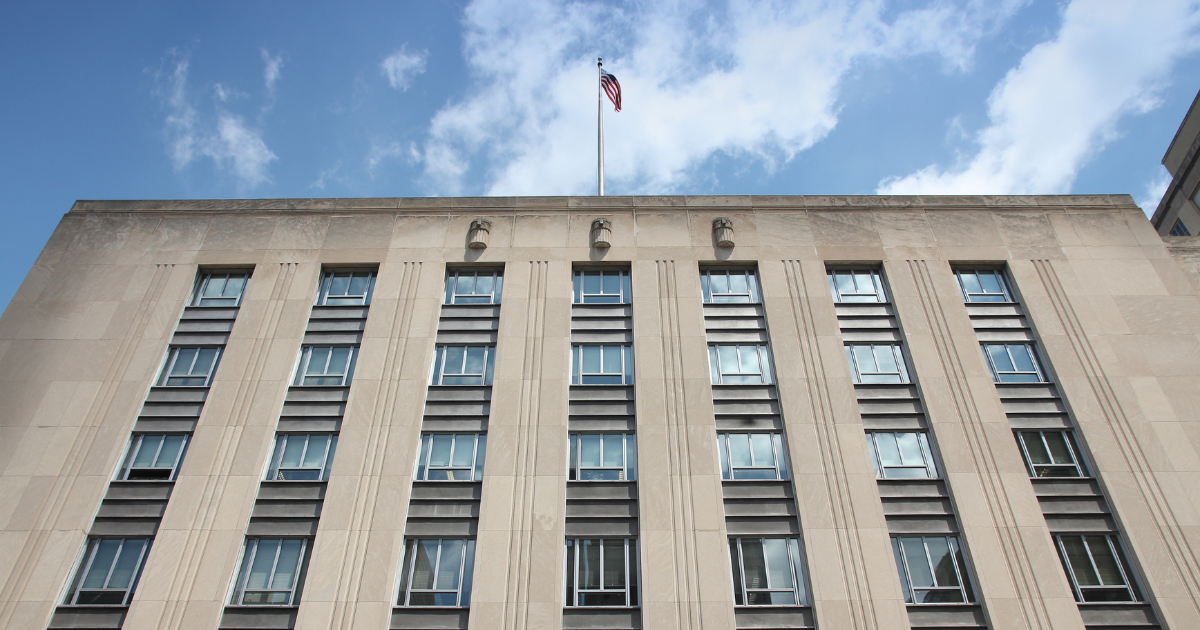Change In Phila. Code Limits Landlords’ Right To Evict Tenants Within City
Section 9-804 is contained within Chapter 9-800 of the Philadelphia Code which is titled “Landlord and Tenant.”
3 min read
Alan Nochumson : Oct 15, 2007 10:00:00 AM

In the commercial lease context, a landlord in Pennsylvania is not required to find a replacement tenant where the original tenant leaves the leased premises before the lease term expires. In a case like this, the landlord may allow the leased premises to remain vacant during the lease term and instead collect the rent due under the lease agreement from the vacating tenant.
A tenant who leaves the leased premises usually does so for financial reasons. As such, a landlord will most likely be unable to successfully collect rent from such a tenant. Equally important is that no commercial landlord wants any portion of its property to remain vacant because such a vacancy may detrimentally affect the fair market rental value of the property. Such a landlord will nonetheless attempt to secure a replacement tenant.
In Trizechahn Gateway, LLC v. Titus, the Superior Court of Pennsylvania confronted such a situation, in which a landlord did attempt to mitigate its damages by finding a replacement tenant and the legal ramifications for doing so.
In the mid-1990s, Trizechahn Gateway, the owner of a commercial office building located in downtown Pittsburgh, and a now-defunct law firm, Titus & McConomy LLP, entered into a 10-year lease agreement for occupation of one and one-half floors and basement storage space in that building.
Several years later, the law firm closed its business operations and offered to work toward subletting the office space. Shortly thereafter, the law firm vacated the office space, but left behind files in the basement storage spaces. For a short period of time after leaving the building, the law firm continued making its monthly rental payments due under the lease agreement.
After the law firm ceased making the rental payments, the landlord indicated its intention to recover the portion of the storage space necessary to correct a building code violation. The landlord then utilized a portion of the recovered storage space to construct an egress from the basement of the office building for the benefit of a new tenant.
The landlord eventually re-let the office space to other tenants for a term that extended beyond the term contained in the agreement with the law firm. Due to the weaken condition of the commercial lease market, the landlord was forced to give rent abatements to the replacement tenants.
The landlord then commenced an action against the law firm and its general partners seeking the remaining amounts due under the lease agreement.
At trial, the law firm was found to have breached the lease agreement, and judgment was entered against the law firm and in favor of the landlord for the accelerated amount due under the lease, less the amount the landlord would receive under the new lease agreements.
On appeal, the law firm asserted that the landlord breached both the covenant of good faith and fair dealing and the covenant of quiet enjoyment by retaking the rented storage space to correct a building code violation and by obstructing the re-letting of the office space.
The Superior Court first addressed the law firm’s argument that the landlord breached its duty of good faith and fair dealing to the law firm, which, in turn, excused its performance under the lease agreement.
Although the Superior Court noted that every contract imposes a duty of good faith and fair dealing on the parties in the performance and the enforcement of the contract, it summarily dismissed that the landlord breached this duty. The lease agreement permitted the landlord to alter the space without terminating the lease.
The Superior Court next addressed whether the landlord’s alteration of the leased premises breached its quiet enjoyment to the leased premises and thus constituted an eviction from and termination of the entire lease agreement that relieved the law firm of further performance under the lease agreement.
The Court rejected this claim, finding the tenant had abandoned the premises and had no possessory interest left to disturb. The landlord’s actions were not an acceptance of surrender and did not create a hostile lease.
The Superior Court embraced the concept promulgated by the Pennsylvania Supreme Court between a “hostile” second lease with that of a “beneficial” second lease. The burden was on the tenant to prove landlord’s acceptance of surrender, which it failed to do.
The Court also held that offering rent abatement was a commercially reasonable decision given market conditions, and that entering a longer lease did not prove surrender. In fact, it noted that penalizing landlords for re-letting properties would discourage mitigation efforts.
The Superior Court in Trizechahn Gateway merely confirmed that while a commercial landlord may mitigate its damages, its tenant is not absolved from making the landlord whole. If the court had ruled otherwise, landlords in Pennsylvania would be less inclined to mitigate its damages.
Reprinted with permission from the October 15, 2007 edition of The Legal Intelligencer © 2007 ALM Media Properties, LLC. All rights reserved. Further duplication without permission is prohibited. For information, contact 877-257-3382, reprints@alm.com or visit www.almreprints.com.

Section 9-804 is contained within Chapter 9-800 of the Philadelphia Code which is titled “Landlord and Tenant.”

In Pennsylvania, parties to litigation are responsible for their own legal fees and costs unless they otherwise contractually agree that the...

Can a long-term tenant sue for rent abatement and reimbursement of legal fees and costs for their landlord’s failure to comply with the city of...